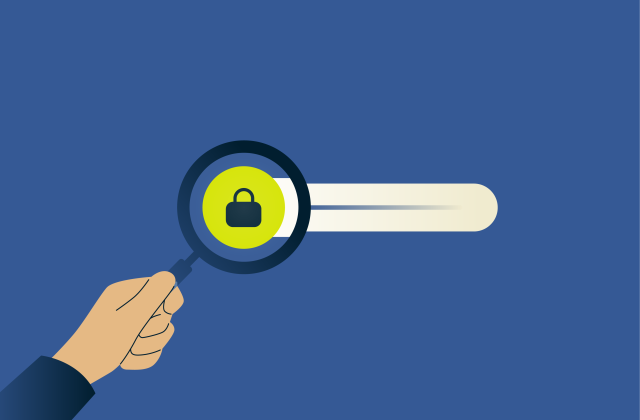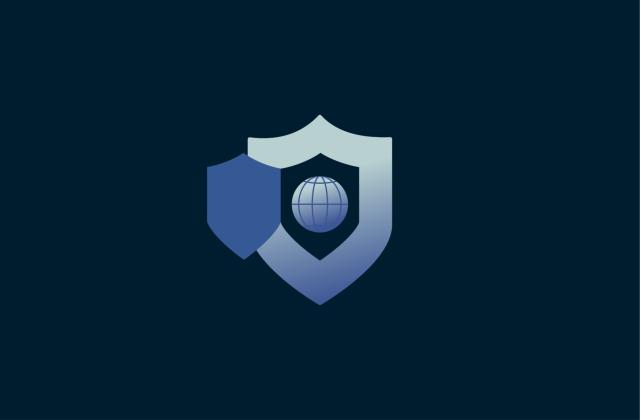ExpressVPN-blogg
Din självklara destination för nyheter om integritet online, guider och det senaste om VPN-tech
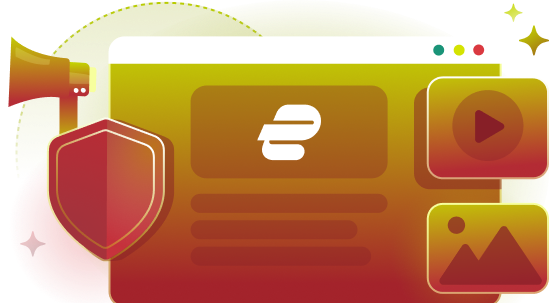
Senaste inläggen
-
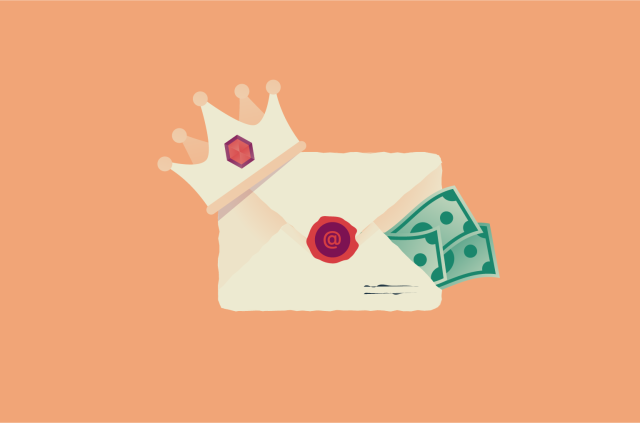
Nigeriabrev: Vad det är och hur man håller sig säker
Nigeriabrev är en form av förskottsbetalningsbedrägeri där en bedragare övertygar ett offer att skicka pengar i förskott mot en utlovad belöning senare. Det kallas ibland för ett 419-bedräger...
-
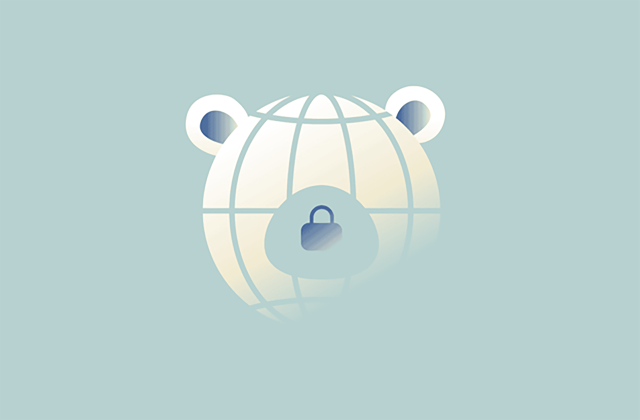
Säkerhet och skärmtid för barn: 10 saker föräldrar bör veta
Internet kan vara en fantastisk plats där barn kan ta del av digital pedagogik, utforska intressanta ämnen och se på underhållning, men det kommer även med allvarliga risker. Många vuxna är int...
-
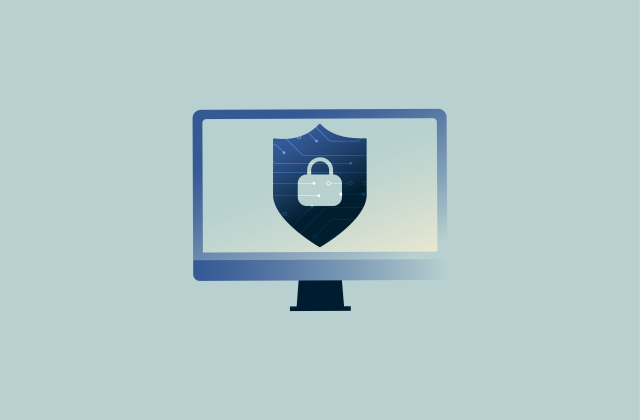
Vad är cybersäkerhet? En enkel guide för nybörjare
Cybersäkerhet påverkar nästan alla aspekter av det dagliga livet. Från telefonen i fickan och laptopen på skrivbordet till smarta enheter i hemmet – alla är beroende av starka skydd för att h...
Utvalt
Se allaUtvald video
-
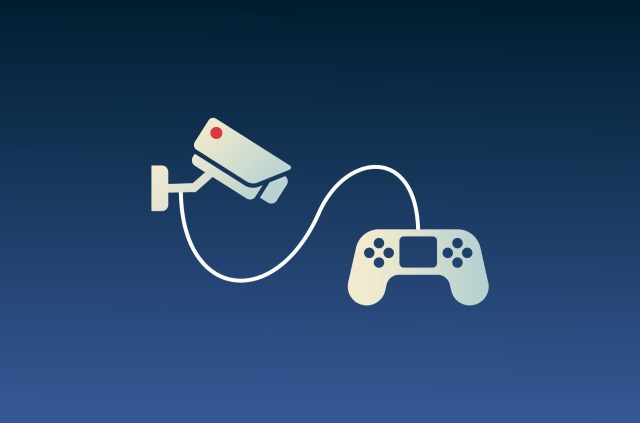
Top 10 video games that will change how you view privacy
https://www.youtube.com/watch?v=7uOfHGT5p4w If you love online gaming and are interested in privacy, check out these video games that involve hacking, cybersecurity, and surveillance. Not only ...

